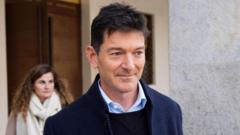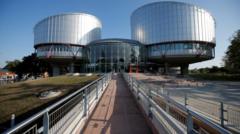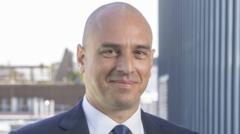The Cour de Cassation’s ruling affirms Sarkozy's conviction for bribing a judge, marking a significant moment in French legal history as the former president plans an appeal to the European Court of Human Rights.
Sarkozy's Corruption Conviction Upheld by France's Highest Court

Sarkozy's Corruption Conviction Upheld by France's Highest Court
Nicolas Sarkozy must serve a year of electronic monitoring after failing to overturn his corruption conviction.
Former French President Nicolas Sarkozy, aged 69, is facing a year of electronic monitoring after France's highest court upheld his corruption conviction on Wednesday. This ruling from the Cour de Cassation dismisses his appeal and reinforces his 2021 sentence where he was initially given three years for influence-peddling—a significant legal precedent in post-war France.
Sarkozy's legal trouble stems from an incident in 2014 when he attempted to bribe a judge, offering a prestigious position in exchange for information regarding an investigation previously underway. In the original 2021 trial, Judge Christine Mée noted that Sarkozy was aware of the wrongfulness of his actions, stating that he and his legal team had damaged the public's perception of justice.
Following the recent court verdict, Sarkozy expressed his dissatisfaction, deeming it a "profound injustice," and announced his intention to approach the European Court of Human Rights to contest the ruling. According to his lawyer, Patrice Spinosi, Sarkozy will abide by the court's terms, despite the potential for an appeal, which will not defer the implementation of his sentence.
The legal battles of Sarkozy echo past precedents, particularly in the case of his predecessor, Jacques Chirac, who faced a two-year suspended sentence for related corruption charges. Chirac, who passed away in 2019, remains a significant figure in France's political landscape. Sarkozy's conviction serves as a reminder of the ongoing scrutiny of political figures and the justice system's role in upholding accountability.


















